Milder COVID case enough to scare a person senseless
The hardest part of having COVID was the uncertainty of how long symptoms would last, when new symptoms might arise and when if ever I would feel completely normal.
March 16, 2021
As a teenager, I was told that COVID for me would be practically symptomless, but I can tell you now, that was not the case. Although I was never near the brink of death, there were times when it felt like the end of the world. Even with the number of COVID cases decreasing recently, the probability of catching the virus, even taking the safest and most socially-distant precautions, is higher than you might think.
The amount of mystery about the virus is unsettling while you’re infected. There’s no telling how long your symptoms will last, whether they’ll reappear in the future, or if some part of you is permanently damaged.
In my case, it all started four days after getting my wisdom teeth removed, when I was delivered the news that my stepbrother, who was living in the house at the time, tested positive for COVID on New Year’s Eve. The last thing I wanted at that moment, at any moment really, was to catch the virus. I spent the next three days in bed recovering from my oral surgery, not knowing if I was infected or not.
Eventually, I had to go to an urgent care center for another complication, a staph/MRSA infection in my nose. Staph inside of the nose feels like a sharp rock stuck far up your nostril, except a little more dangerous. While I was there, they went ahead and did a rapid test for COVID, and shockingly, it came back positive. At this point, everyone who lives in my house was positive except for my younger sister, Chloe.
The day I tested positive was when I began to feel chills and pretty typical fever symptoms, but no actual fever. Also, I was still feeling a lot of pain and a little bit feverish from my wisdom teeth removal and staph infection, so it was hard to tell what was causing what.
As the days went by, I started to feel increasingly worse as more symptoms kicked in. From what I’ve heard, for most people, COVID feels pretty similar to the flu, and I can confirm this was true for me. I felt very lightheaded, weak and achy everywhere, I had very little strength or interest in getting out of bed. I was also taking strong antibiotics for my staph infection that made me feel like a giant wooden spoon was stirring up everything inside me, and just generally not helping.
About four days in, my flu-like symptoms started to fade away and now felt more like a cold, with incessant coughing and nose-blowing. Lucky for me, I never really had any lung issues or shortness of breath—the coughing stage didn’t last for long.
Then the fateful day came: the day I lost my taste and smell. I had heard it was frustrating and sad losing your senses of smell and taste, but I now truly know how important those senses are to living everyday life. Everything is bland, even chocolate tastes like nothing. I first found out I lost my sense of smell while I was petting my cat, who usually smells very strongly of old books, and found he had no smell at all. I then smelled all my candles and was amazed at how even the strongest smelling ones were completely scentless. I discovered my lack of taste as I ate throughout the day and just thought that everything was a little bland, mostly just tasting salty. I finally put it to the test by trying a very old pack of Fun Dip, which tasted like a flavorless, sugary powder that permanently dyed my mouth blue.
For many students like me who are split between two homes, the notion of “staying at home” is a little more complicated. … The risk of being exposed and exposing other people increases by a lot.
As the days continued on, my other symptoms started to calm down. I only felt constantly tired, still longing for my senses of smell and taste to return. The amount of mystery about the virus is unsettling while you’re infected. There’s no telling how long your symptoms will last, whether they’ll reappear in the future, or if some part of you is permanently damaged. Almost a month later, I still experience exhaustion parallel to when I had mono a few years ago. My sense of smell and taste is somewhat back, but notes of things are still missing. My senses aren’t the same as they were before, and the possibility that they’ll never be the same again can’t be ruled out.
For many students like me who are split between two homes, the notion of “staying at home” is a little more complicated when you are switching back and forth between houses, oftentimes filled with many other people. The risk of being exposed and exposing other people increases by a lot. Luckily, I didn’t pass it on to anyone else to my knowledge, but I feel now especially is the hardest time for kids living in multiple households. This is a time of feeling like there are many things out of your control.
When I talked to the nurse in the urgent care clinic, she assured me that I practically wouldn’t even notice I was sick. Even though I was in a lower-risk age group, it was interesting to see that my mother and I were pretty much in sync as far as symptoms go, even though we both had mild cases.
Many people probably picture big gatherings of teenagers wildly passing COVID from one person to another, although I think everybody shares the blame, in every age group.
Even though wearing a mask, religiously carrying hand sanitizer and socially distancing are effective ways to prevent the spread, there’s really no definite way to avoid getting sick without moving to another planet. For kids and teenagers who don’t have very much control over their lives and independence, right now can be a really frustrating and an even more dangerous time for them.



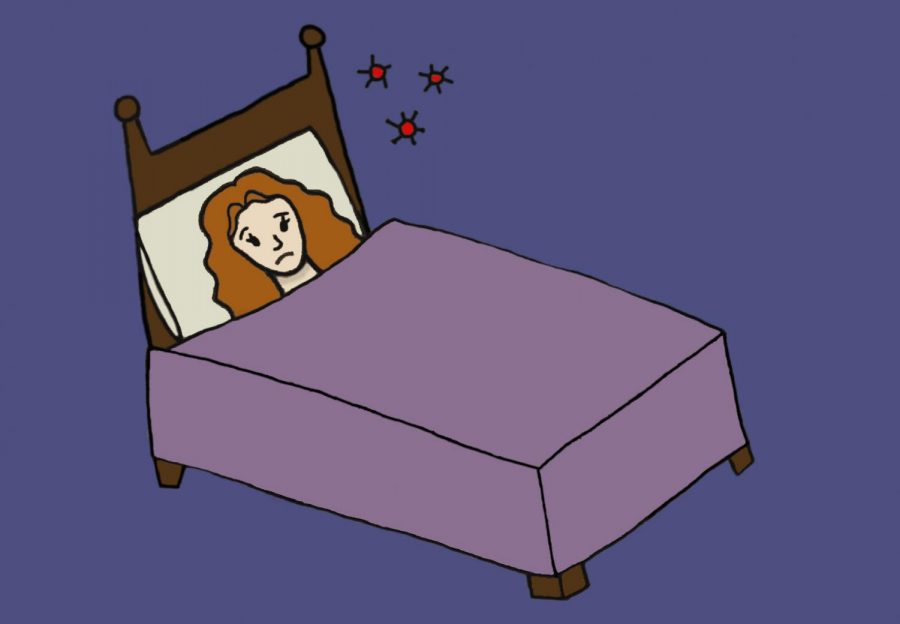
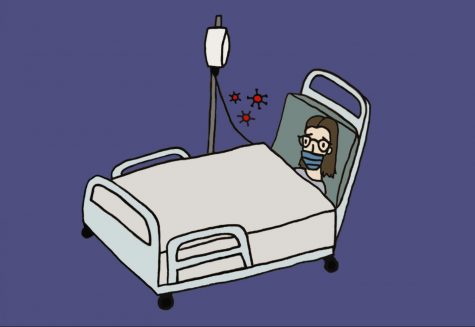
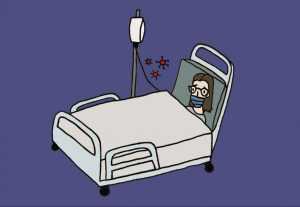
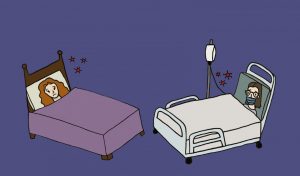

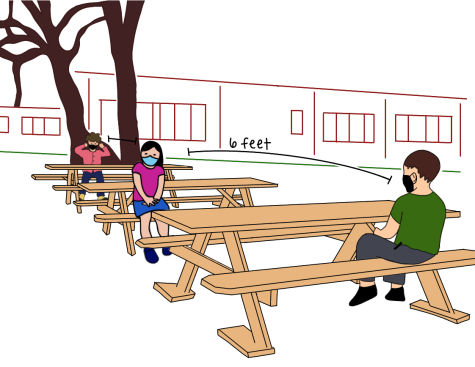
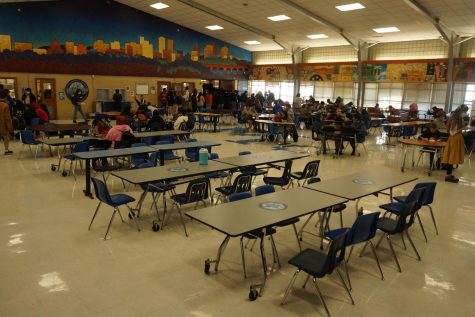
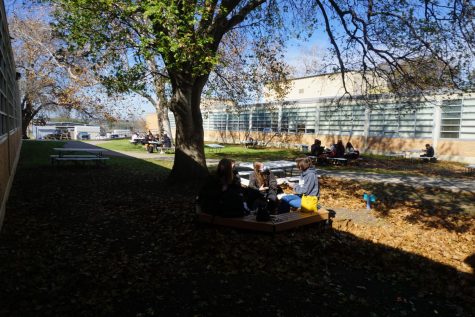
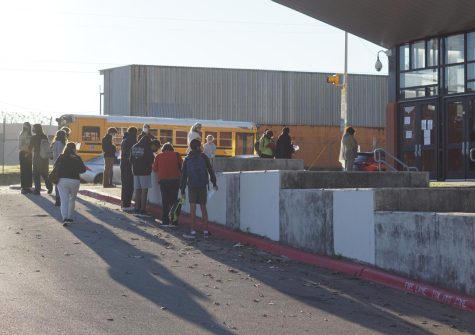
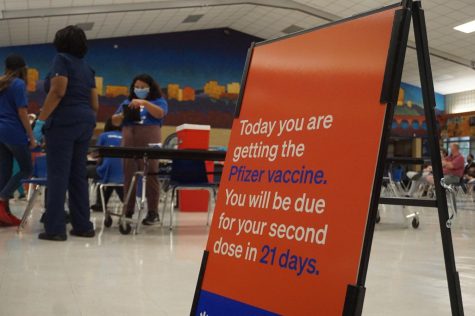
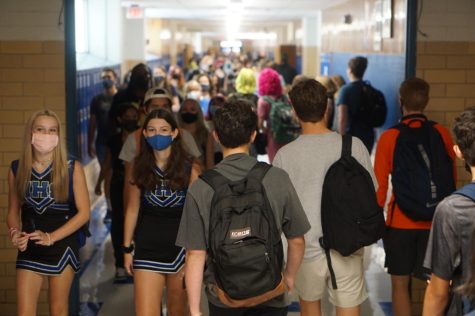
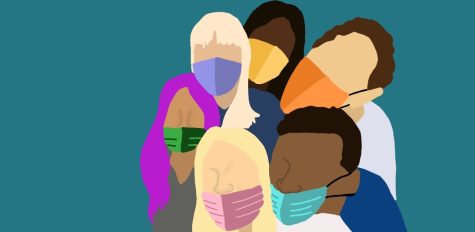
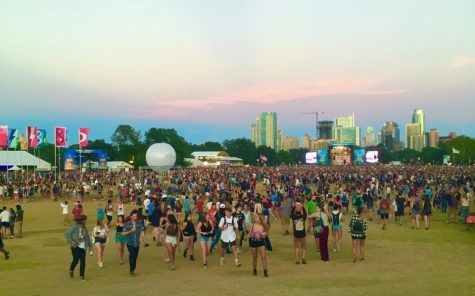
![A crowded scene from Austin City Limits in 2019. This years ACL will most likely look different. Senior Lila Plummer is relieved that mask and vaccine mandates are in place. I got [the tickets] before, but I had the idea that it wasn’t 100% that I would be able to go, especially with the Delta cases being so bad right when I bought them,” Plummer said. “But now with the precautions and cases seeming to get a little bit better, I do feel more comfortable and happy about that, because I worried I was gonna have to sell them.”](https://macshieldonline.com/wp-content/uploads/2021/10/acl-475x390.jpg)

